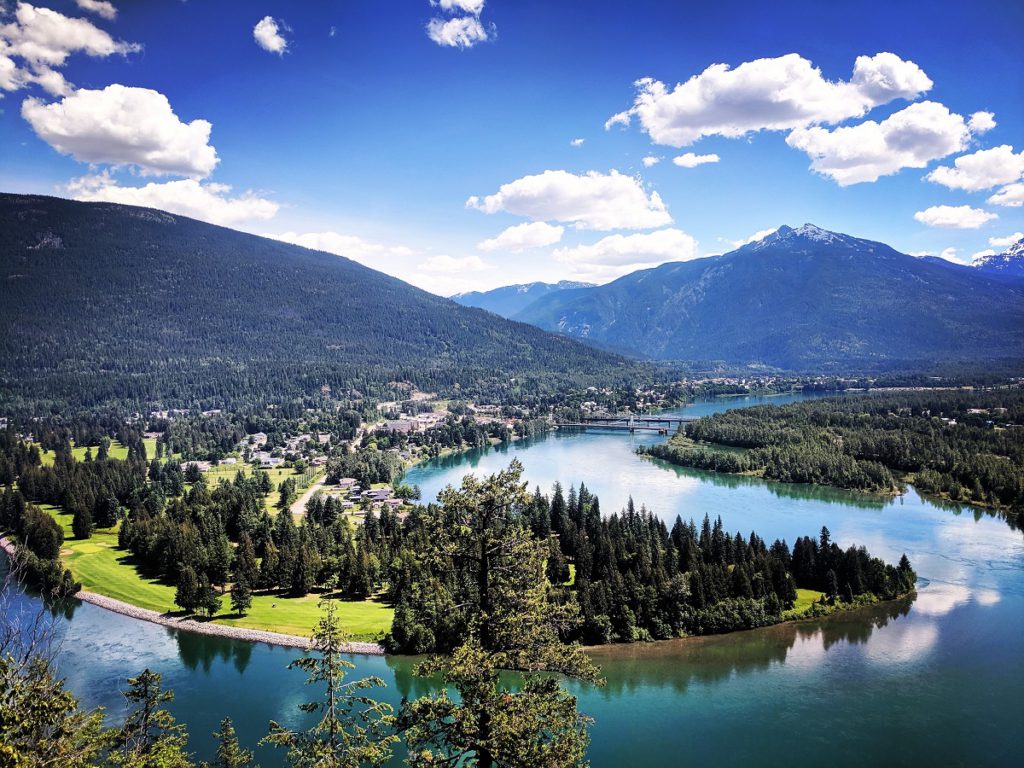The Ktunaxa, Secwépemc and Syilx Okanagan Nations will reach receive a share of revenue generated from the Columbia River Treaty under separate interim agreements.
The provincial government says each will receive five per cent of the money that comes from the sale of Canada’s share of downstream power benefits under the treaty. There was no immediate word what that might mean in actual dollars or when the agreements take effect.
The proposed agreements will be over four years, although the province says negotiations will continue on longer-term deals that address “environmental, cultural and economic impacts” caused by the operations of the treaty.
“This interim agreement is significant for us,” said Kathryn Teneese, chair of Ktunaxa Nation Council, in a news release. “It’s an acknowledgement of impacts to Ktunaxa rights and title, and is one step on the path of reconciliation.
“Ktunaxa Nation Council, on behalf of our four member First Nations, will continue our broader collaborative work on Columbia River Treaty renewal with the other partners in this agreement. Ktunaxa perspectives are vital to this treaty process, and we value being at the table with the other Indigenous Nations, along with British Columbia and Canada.”
ki law na chief and Okanagan National Alliance chair Clarence Louie called the agreement an “historic first step for our government-to-government relationship.”
“For far too long, we have been excluded from decisions that directly impact the Syilx Nation,” he said. “These previous decisions lacked any form of consent and often left us with only devastating impacts. With this announcement, the provincial government has demonstrated a level of integrity to finally do the right thing.”
Louie said they are “beginning a long journey of righting the historical wrongs of the past injustices with the Crown on decision-making, revenue sharing, ecosystems and Indigenous cultural values.”
The treaty was ratified in 1964 by the U.S. and Canada to provide flood control and generate additional hydro power, but was negotiated without considering the impacts it would have on First Nations.
The province says for decades, the Ktunaxa, Secwepemc and Syilx Okanagan Nations and their members have been severely affected by the construction of treaty dams and reservoirs, changes to river flows, ecosystem and cultural losses, and the related impacts to their economies.
“When the Columbia River Treaty was developed, governments didn’t consult or co-operate with First Nations or any Columbia Basin residents — the very people whose lives, livelihoods and cultures would be affected for decades,” said Kootenay West MLA Katrine Conroy, the minister responsible for the Columbia River Treaty.
“Since 2018, Indigenous Nations with territory in the Columbia Basin have worked closely with Canada and B.C. to negotiate a modernized treaty with the U.S.; today, they are at last sharing in the benefits the treaty brings.”
The Ktuanxa, Secwépemc and Syilx Okanagan Nations have been part of the negotiating team and have led efforts to enhance ecosystems and restore salmon to the B.C. portion of the Columbia Basin.
However, there was no mention of the Sinixt First Nation, whose traditional territory also lies within the drainage of the Columbia River.


